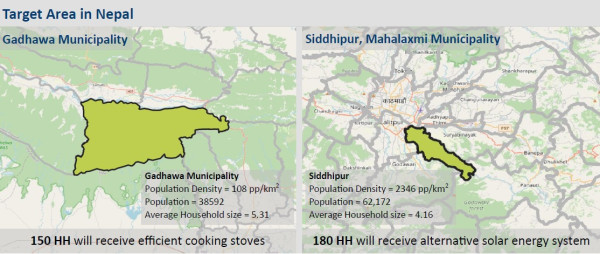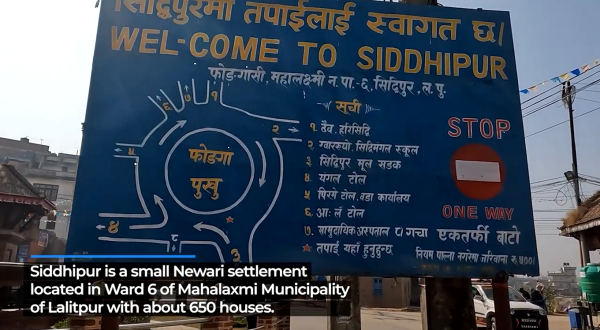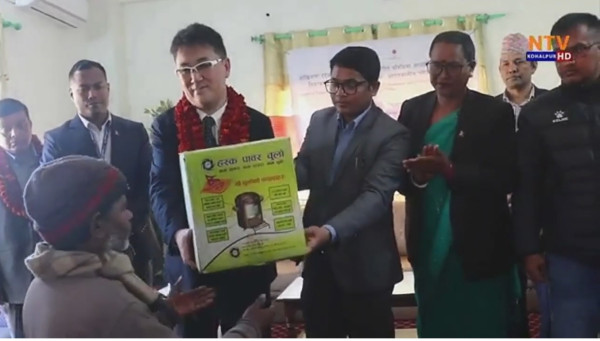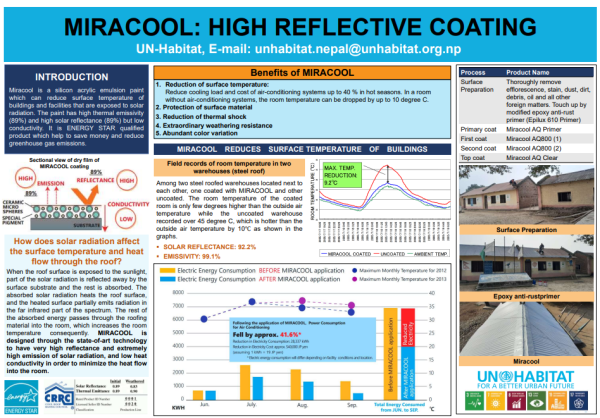
Green Building-based Prevention and Control
Background
Extreme
weather events aggravated by COVID-19 pandemic have drastically changed
people’s lives and its impact will be felt for a long time to come. Residents'
activities are restricted to indoors due to the pandemic and to extreme weather
events. Delay in responding to extreme weather events in combination with
COVID-19 emergency responses lead to multiple health and safety issues
particularly among marginalized communi-ties and in urban and urbanizing areas,
where concentration of COVID-19 cases was relatively higher. Building-based
prevention and control measures have become one of the most urgent methods of
fighting against health and safety issues related to pandemic and to unexpected
weather conditions.
Poor
communities are highly susceptible to such unprecedented weather-related risks
and transmission of COVID-19 due to lack of resilience capacity owing to poor
living standards and more importantly deterio-rating economic conditions due to
lockdowns and restrictions. Hence, many of these unpredictable and strong
weather conditions require countries to take actions which promotes quick
remedial actions support-ed by behavioral change and improving living
conditions.
Establishment
of Policies and Guidelines adopting Japanese responses to climate changes in
Asia and Pacific cities and its dissemination/promotion to surrounding
countries/area will lead to the improvement of new technologies in line with
needs of the country/community. Promoting safer and cleaner cities in the
region through green building initiatives will contribute to the commitments of
the countries to reduce carbon emis-sion.
This proposed project approach is fully aligned with the Government of Japan’s development approach - hu-manitarian-development nexus by providing lifesaving humanitarian assistance to the vulnerable people to stabilize their quality of life for reintegrating them into the society as continuum sustainable development.
Objective
The objective of the project is to reduce the urgent risks associated
with poor structures of houses and con-tribute to safer and cleaner cities in
the Asia and Pacific region during the COVID-19 pandemic through green building
initiatives. . Furthermore, this project is to support the development of Green
Building-based cities resilient and adapted to climate changes in developing
countries.
Geographic Location
The project will be implemented in four urban or urbanizing settlements in
three countries, that are Cambo-dia (Sihanoukville) - project lead country,
Nepal (Mahalaxmi and Gadhawa municipalities) and Sri Lanka (Mulativu District).
Project Duration: 12 months (April 2022—March 2023)
Final Beneficiaries: Vulnerable households in the four settlements: 666 households
Project Activities
- Develop and conduct community based rapid assessment system to identify urgent green building im-provements to promote healthy living conditions in vulnerable communities for efficient use of energy, water, and other resources.
- Provide clean energy options mainly energy efficient cooking stoves to reduce their vulnerability to respir-atory infections due to cooking with polluting fuels and technologies worsening air quality inside house.
- Provide alternative energy options for lighting and electricity, directly contributing to reduced operation cost for the urban poor households who will be able to access affordable energy options to support their day-to-day life and livelihood activities. Contribution to the SDGs


